How to Survive a Boil Water Notice
This may surprise you, but boil water notices happen in the United States more than you may think. Should your area ever experience one and you choose to ignore your local officials’ warnings and advisories, someone in your family could end up very sick. Some people have never experienced a boil water notice before and may not know what to do. I’m here to give you a few pointers on surviving a boil water notice if your community ever faces one.
What is a Boil Water Notice?
A boil water notice will be issued when a local health agency or a municipal water supplier discovers pathogens in their area’s water supply and they issue a boil water advisory as a result. Those pathogens could be anything detected, like Cryptosporidium, E. coli, Giardia, and more. But those aren’t the only reasons for a boil water notice. This can happen when there is a main water break, severe weather, flooding, or evidence of lead in the water.
A boil water notice could last anywhere from a couple of hours to several weeks or months. While many people can wait around to hear about it on the news, you do have access to this information on your local municipal water company’s website. There, you will find their procedures for such an event, including whether the company will issue information promptly by text, email, social media, or on their website.
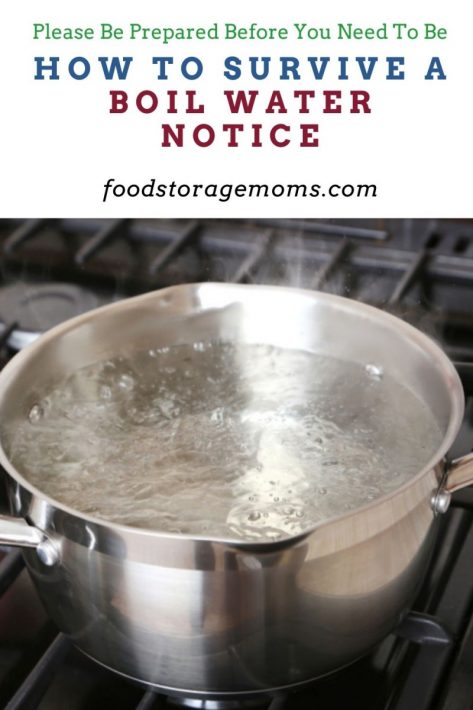
How to Survive a Boil Water Notice
Now that you have a better understanding of what a boil notice is, the best way to survive one is for you and your family to prepare for it before it happens. During a contaminated water situation, you may or may not be told what is exactly wrong with your tap water. That’s why you must listen closely to what they say about what you can and cannot use your tap water for during this time.
They should provide specifics, such as not being safe for drinking, ice-making, or cooking. If they go a step further and tell you that your tap water shouldn’t be used for laundry or bathing, you will know that your water is unsafe for you to even touch. When this is the case, I’d encourage you to just go ahead and shut off your home’s main water valve so someone in the home doesn’t remember the notice or chooses to ignore it.
If you don’t have a way to boil water if your electricity or natural gas is cut off, consider getting a Butane Stove. I bought one for all four daughters to boil water or cook a meal after a disaster.
Boil Your Water
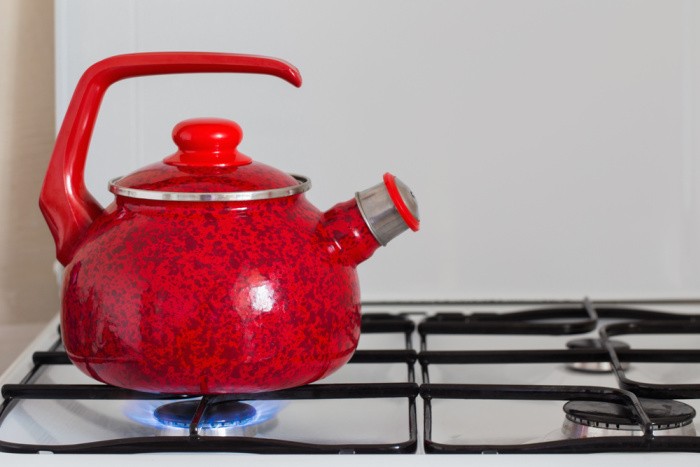
When there is a boil water notice issued for your area, you’ll need to boil tap water before you can do any of the following:
- Drinking water
- Brushing teeth
- Cooking/making drinks
- Making baby formula
- Making new ice
- Giving your pets water
- Rinse dishes or utensils
First, check if it’s so cloudy you can’t boil the water properly. If it is, you’ll need to use a coffee filter, paper towel, or clean cloth, or commercial water filters to help filter out the sediments. You’ll then need to put your water on the stove and bring it to a rolling boil for at least 1 minute. This should kill any bacteria or other pathogens in your water. If you live at a higher elevation of more than 6,500 feet, allow the water to boil for a minimum of 3 minutes. Allow your water to cool before using or storing it.
If the advisory indicates your water has lead in it, the boiling process won’t help. If the water advisory indicates the water has lead in it you should consider using commercial water filters like you find from Big Berkey and PortaWell. We have a reverse osmosis water filter system in our kitchen that we use as a cooking and drinking water source. We love having it available all the time so we don’t have to worry about those water quality issues.
Stock Up on Bottled Water
During a boil water issue, your number one concern should be making sure that your family stays hydrated. You will need to stock up on enough bottled water to drink, cook, and possibly bathe with. To better understand how much to stock up on, pay close attention to how much water everyone in your home uses over the next week. Use that consumption information to calculate what may be needed for a few days, a week, or longer.
If you’re simply looking for a rough estimate, seven packages of 40-pack bottled water should last a family of four for about a week. Hopefully, this gives you a better idea of how much water you should store if you’re thinking about having more than a week’s supply. If you have a baby that drinks formula, you’ll need to take that into consideration as well. Don’t forget your pets; they’ll need fresh water as well.
My readers are well aware that I stress the need to have safe stored water. I suggest you have four gallons per person per day to cover proper hydration, cooking, personal hygiene, and very limited laundry chores.
Use The Water You Have Stored
By now, you know, this is why we store water for our family. We never know when our water may become tainted, contaminated, or shut off. Please stock 4 gallons of daily water per person for each family member. Yes, this may seem excessive, but I get thirsty just thinking about 1 gallon per day, as some government agencies and The American Red Cross suggested. It’s all about being prepared. In case you missed this post, How To Store Water-Pros And Cons
Use the Water from Your Water Heater
If your situation lasts longer and all your local grocery stores are completely out of stock of water, you will need to find a backup solution to hold you over. As it turns out, your water heater may store close to 30-50 gallons in it. That will provide some relief. Here’s how to use the water stored in your water heater. Note: If you’ve been running water through the heater BEFORE you heard about the need to boil, it may be too late to use it right out of the heater itself unless you boil it first.
Please keep in mind that I never count on my water heater water, just in case we have an unexpected situation where our city/county water may become contaminated. I’m not talking just about terrorist attacks, I’m talking about errors made by city water employees connecting water lines, broken water mains, etc. It has happened several times over the last few years in Utah!
Here is one: Sandy, Utah Water. This one still makes me worried: Syracuse, Utah Water. And here is yet another one: Magna, Utah Water. I’ve told you before that I will not drink city water right out of the tap, I have reverse osmosis as mentioned above. I highly recommend getting a system installed. If you are handy with plumbing, you can install one yourself. Remember that these systems come in various terms of effectiveness and may not remove metal contaminants. Check the list from the manufacturer of things it removes to have the best protection possible.
Maintenance is done once a year, cleaning out the tubes and installing new cartridges. I spend $150.00 yearly to have mine cleaned, serviced, and filter cartridges replaced. Mine is hooked to my kitchen sink, so I use it for drinking and cooking. I know Costco sells them, possibly Sam’s Club. Mine looks just like this one: Reverse Osmosis Unit. They do not use electricity, they are water-pressure-driven.
We have all heard about the Flint, Michigan, nightmare. That situation is so sad for all the families involved. Flint Michigan Water
Stock Up on Bathing/Baby Wipes
If you have to use the water supply from your water heater for drinking, etc., you won’t be using it to take showers. That’s why I’d encourage you to have no-rinse bathing wipes to help keep your family clean and deodorized. Baby wipes are another option you could use.
Consider Staying with Friends or Family
Don’t wait around until your situation becomes desperate, because you shouldn’t have to. As long as you have friends or family living outside of the boil water notice, I’m sure someone would be willing to take your family in until your area’s water situation improves. If not, you could rent a hotel room or Airbnb accomodation as a last resort.
Set Family Rules During Boil Notice Days
If you have kids or grandchildren running around your house during this time, things can become a bit more difficult. After all, young children are accustomed to turning on the faucet to grab a drink or wash their hands anytime they want. You’ll have to enforce a few household rules during a boil water notice to keep everyone safe. These are a few simple ones anyone could follow:
- Drink only bottled water
- Avoid using any faucet (put a sticky note on the handle of every faucet if you have to)
- Use bottled water to brush your teeth and wash your face
- Instead of using soap and water, use hand sanitizer for hand washing
Does Turning Water to Ice Kill the Water Contaminants?
Don’t think that the ice from your ice maker and ice dispenser will be safe to use. Cold doesn’t protect you like a heat source does. Water advisories never state that you should use the ice from your ice makers. Even ice in ice trays that have been in the freezer for weeks isn’t safe. To ensure proper water quality, you need to follow the instructions outlined throughout this post!
When I Use My Dish Washer to Wash Dishes Am I Safe?
Your dishwasher is designed for dishwashing, not water sanitization. Yes, if you use the “sanitize” cycle the hot water will kill most bacteria since the water generally is set to be over 150 degrees as the final rinse temperature. However, many heat-resistant viruses and fungi can tolerate those temperatures. That’s why boiling is the best answer.
Can I Use Bleach to Make My Water Safe for Drinking and Cooking?
The CDC suggests you use 1/8 teaspoon of unscented chlorine bleach for each gallon of water to be treated. Even though it’s unscented, I’ve never been fond of the flavor of water treated with bleach. I use a product called WaterPreserver to treat my large containers of stored water. The treatment lasts five years instead of six months for water treated with unscented bleach, so it’s a much more efficient option.
Final Word
When you’re not completely sure whether your water is safe, be sure to use more caution. Boiling your water or having bottled water on hand is a great way to ensure that no one in your family gets sick. What tips can you give on how to survive a boil water notice? May God Bless this world, Linda.
Other Content to Check Out:
Water is the Number One Thing We Need to Survive
Why You Need Emergency Water Storage
How to Calculate Your Water Needs for Survival
Copyright Images: Tea Kettle with Boiling Water Deposit photos_82816484_s-2019, Boiling Water Deposit photos_133082290_s-2019

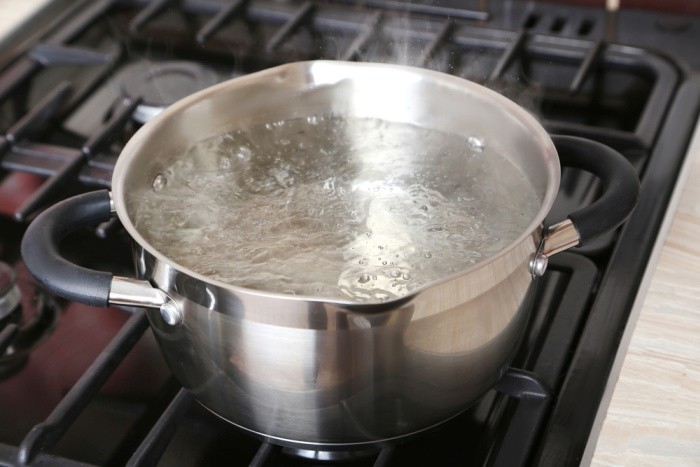

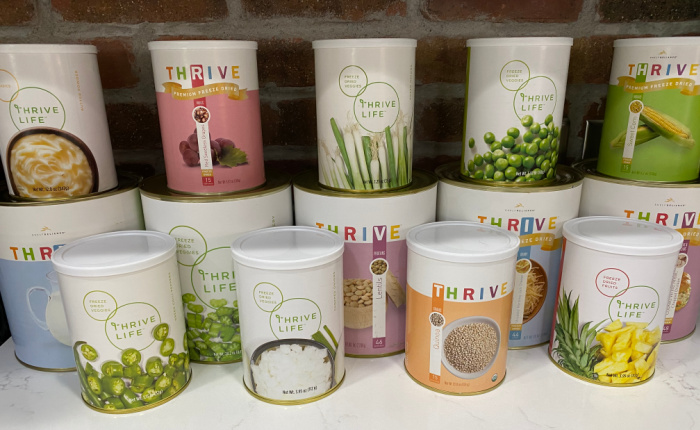
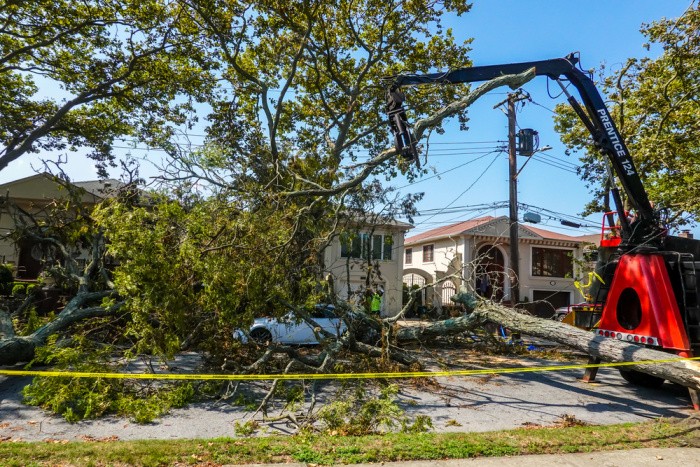
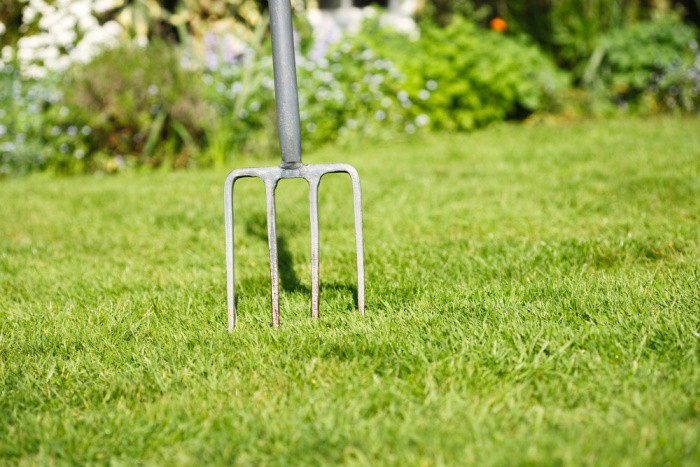
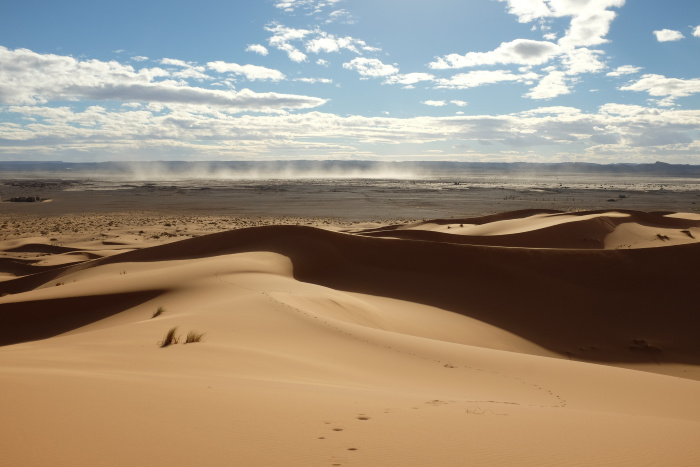
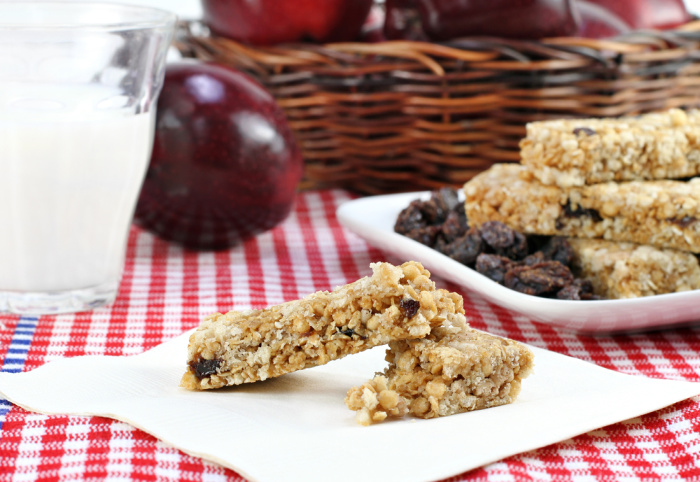
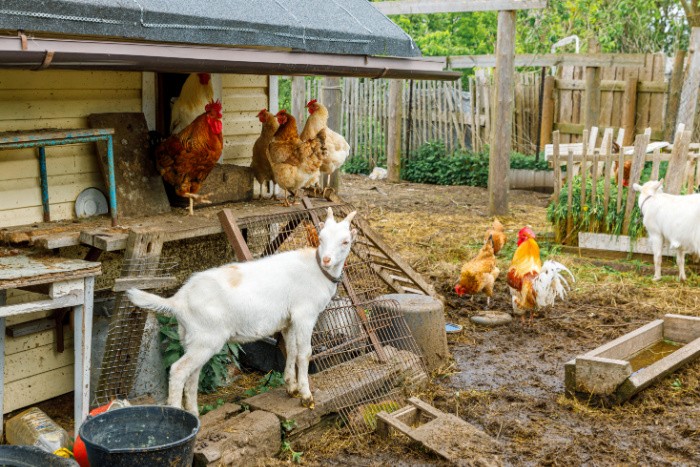
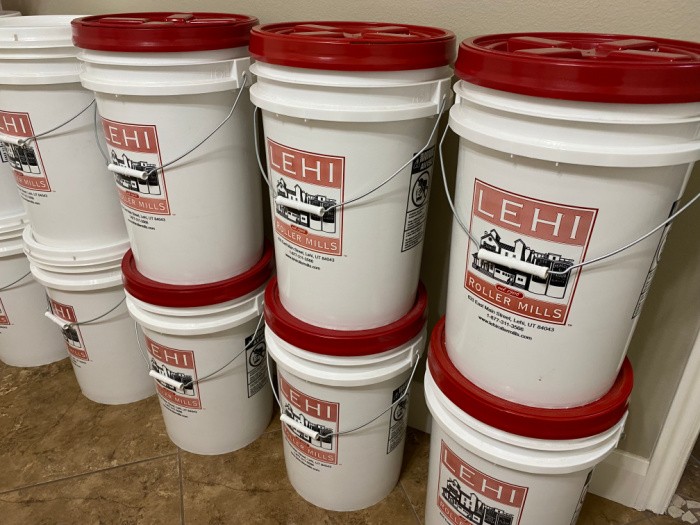
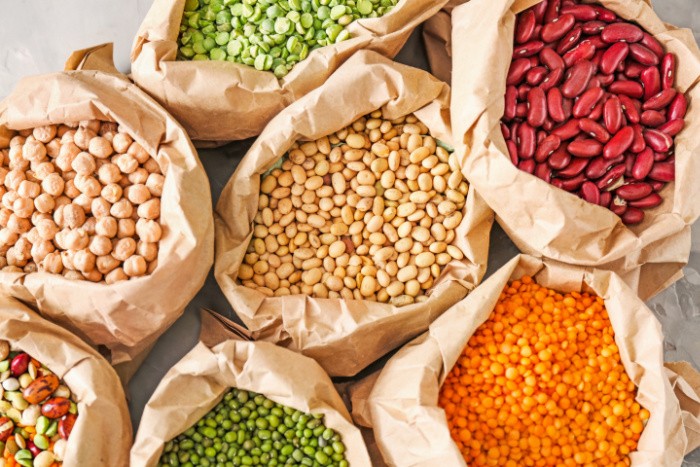
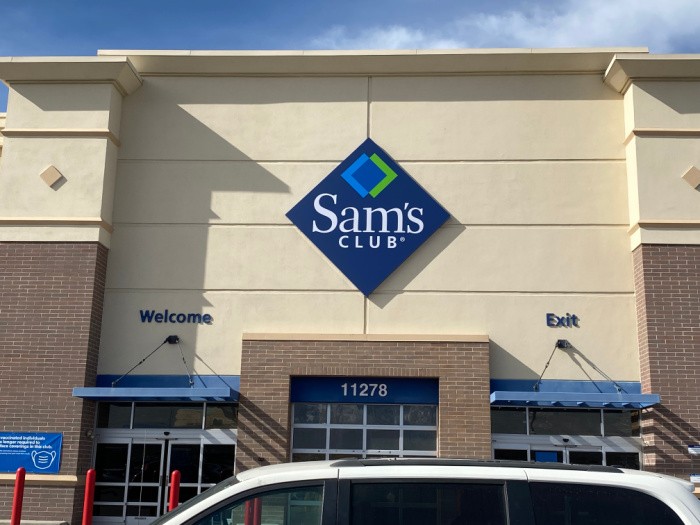
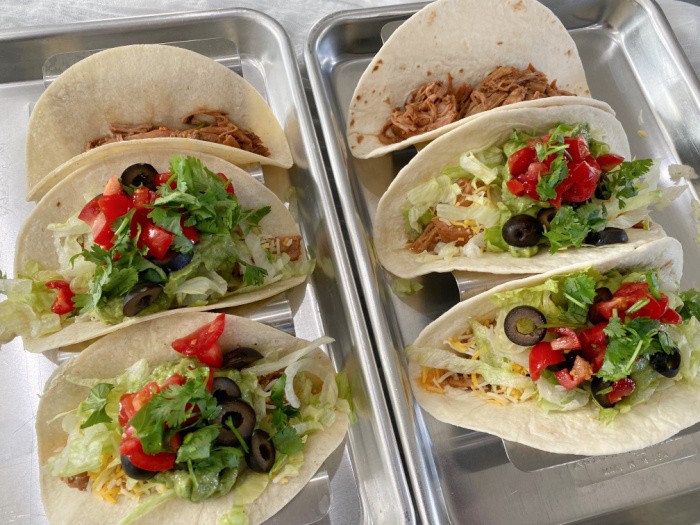
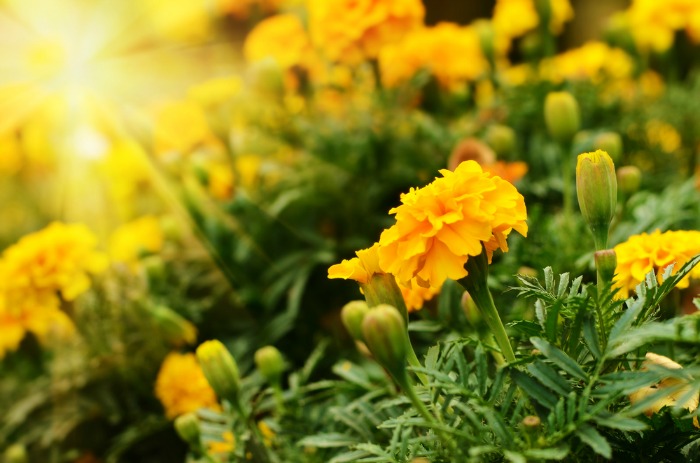
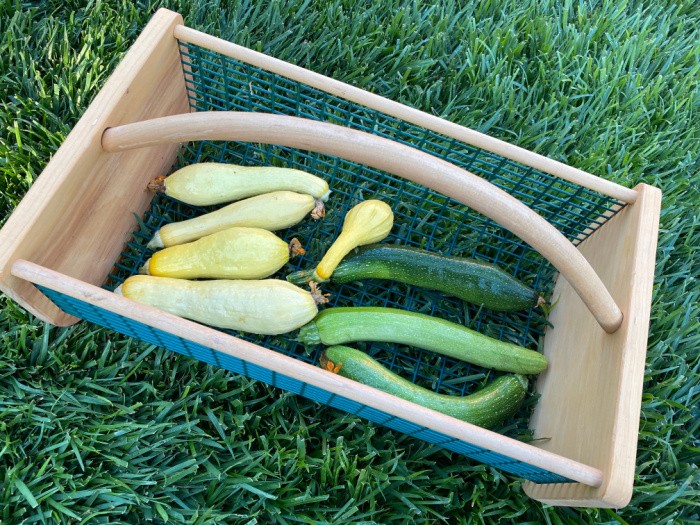
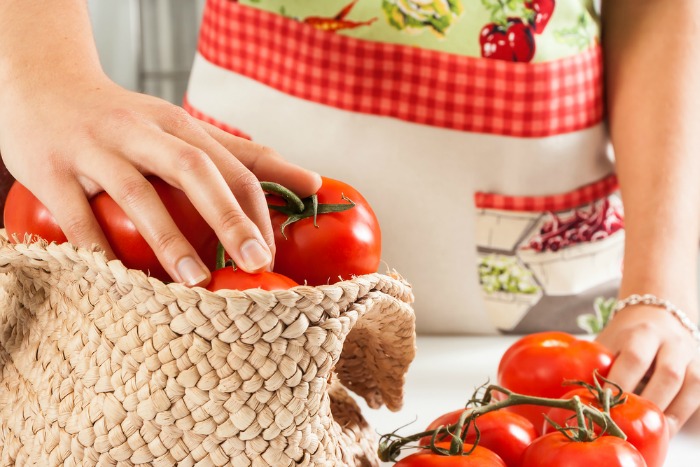
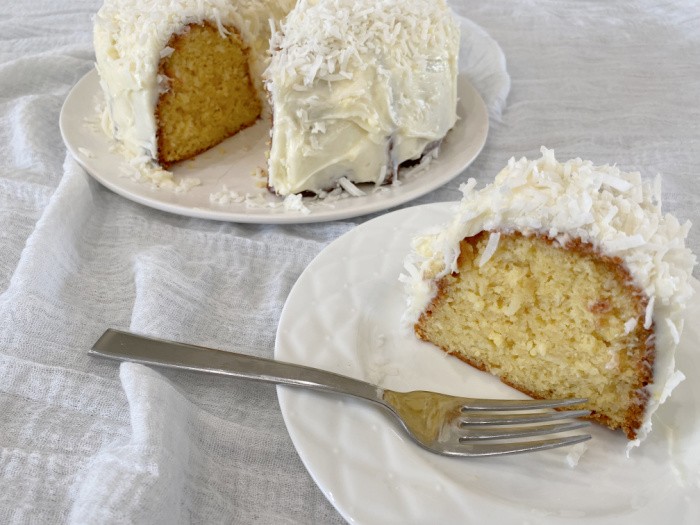
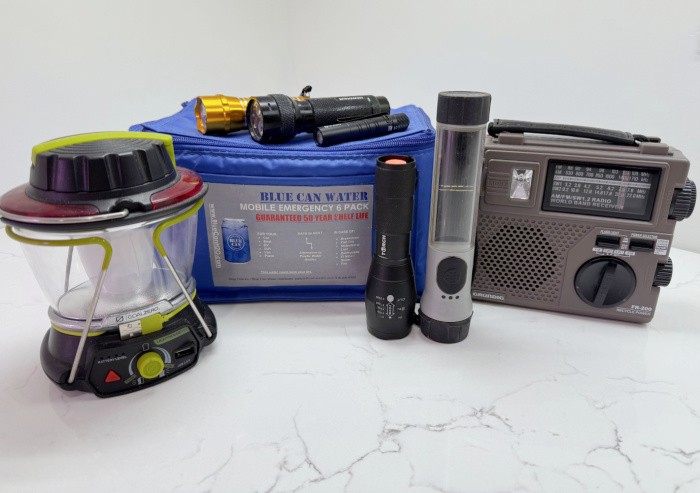
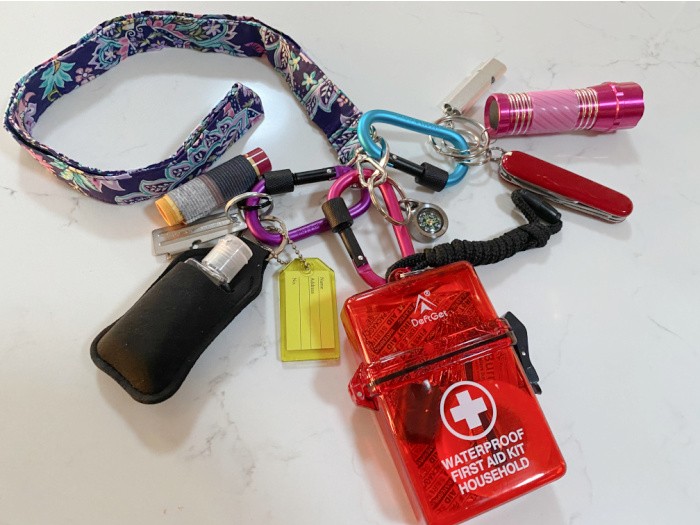



Hey there Linda! We had a boil water notice last week. We didn’t find out until the third day. Luckily, we didn’t get sick. We had no idea about it. Our neighbor told us about it. We do have a water filter that we use for drinking and cooking. But we also have a water cooler that I use. We do have extra 5 gallon water bottles. The only way we can find out about the boil water notice is on the website.
Hi Deborah, this is why I have a reverse osmosis unit. I do not trust the government, city, or county letting us know about contaminated water. A Berkey works great too! Stay safe and stay ahead of the game. Linda
I think ours has the reverse osmosis on ours, too. It has 5 different filters on it. We got it because our brass fittings in the toilet take we’re getting eaten up by the water. I didn’t want to drink it or cook with it. I wash dishes with the tap water, but use the filtered for drinking and cooking. I also use the water cooler. It also has hot water, but I do t turn it on unless I’m making a cup of tea. I don’t leave it on all the time.
The main problem for the ones on our water service, is we had no notice. Who goes the water company website daily? Or even several times a day? I didn’t even know they had one. I don’t like the idea that I have to be on social media or check the website to find out about the boil water notices. I’m so glad that we have the water filter and use it. As well as the water cooler that uses 5 gallon jugs of water.
Linda. Does a Berkey work in place of boiling water?
Hi Melody, yes it does. So does Reverse Osmosis. Let me get a link for you about the Big Berkey I have (or any Berkey). https://www.berkeywater.com/news/a-look-at-boil-orders-what-to-expect-and-how-to-prepare-in-advance/ Stay safe, Linda
Hi Deborah, oh I used to have the hot and cold water cooler. They are awesome. Now I only have RO for cooking and drinking. I swear I’m a water brat, it has to taste good without any chemicals!! Linda
I guess I’m a water snob, too. I don’t want to smell or taste the chlorine in water, or anything else. Just good sweet water. I don’t drink individual water from bottles either. The taste is OK, but I’ve read they have small plastic particles in it. With my kidney disease, I want to take care of what I drink.
Hi Deborah, oh yeah, kidney disease, you need the best! We can be water snobs together! LOL! Linda
I almost laughed at the title of “how to survive” but the last few weeks have really shown me how hard it is for many people to wrap their heads around what I consider little more than a minor inconvenience especially since, in most cases, it’s temporary.
I was with someone when they received a phone call from a lady absolutely melting down because their water had stopped running. A main had burst and even when they got it on there was going to be a boil order. They had stored water in the tub to flush and had bottled water to drink but she was fighting with her husband to drive across town and stay in a hotel, which of course he was refusing. Her reasoning was because she couldn’t cook to which the reply was you can’t cook at the hotel either.
Stay calm, use your head to think outside of the box, embrace discomfort or as we used to say “embrace the suck” and you’ll find it’s really not bad.
A little preparedness goes a long ways. You’ve got great resources on here to help those willing to help themselves.
If you know it’s coming and time and resources are limited (aka the freeze killed north Texas and is coming south my way so I’ve only got hours) you can prefill all the Tupperware type containers in your house as well as the pots. Fill all the cups n glasses and set a sheet pan over them. Got an ice chest? Crock Pot? Balloons or rubber gloves (store in a sink in case of rupture), house trash cans (toilet flushing water only) ?
Well fill it.
Hi Matt, oh my gosh the cooking story is the best!! It’s so funny, I wrote this because I realize people need a little help to think outside the box. Now, I have the giggles, balloons, rubber gloves, you made my day! We can do this!! Linda
I’ve not had to go through a boil notice before so this is good info for me. That said, this is one of the kinds of emergencies that I’m prepared for!
Hi Leanne, I know you’re prepared, it feels so good to know we will survive a boil water notice with little effort! You rock! Linda
living in the country, we are on a community well service. We have boil water notices quite often. I however am not able to drink the well water even when it’s considered safe. They put so many chemicals in it that it literally makes me sick. So since 1984 when we moved her, I have always bought bottled water for drinking. We did install an RO filter system about 10 years ago, which has been a life saver for us. And During the recent storms and power failures, we had bottles of non-potable water for flushing the toilets. I have a CPAP machine and I fill the empty distilled water bottles with tap water for emergencies just like that. I mark an X on the bottles so everyone in the home knows not to drink that water. Even my 4 year old grand daughter knows which water is safe and which is not safe. Thank you again for another informative post. I love reading all your posts . God Bless and stay sfae.
Hi Judy, if you are changing your Reverse Osmosis filters every year, do you still have to buy filtered water? I love hearing about the X on the bottles! We all need a black magic marker! My RO unit lasted 12 years and then I had to replace it. It is so worth it, stay safe! Linda
yes I buy distilled water for my CPAP machine as that’s what the company said to use in it. I asked about my RO system water and got a big no from them.
Hi Judy, that’s good to know. I use my RO for my humidifiers. Linda
Linda,
When I got my All American Sun Oven it came with several accessories, among them a Water Pasteurization device they call a WAPI. It’s basically a plastic tube with a wax plug in it. Put it in the water you are heating and when the water temp reaches 165 the wax melts and the tube flips from horizontal to vertical.
The reason I’m mentioning WAPI’s is because you do NOT need to boil water to render it safe to drink. Simply pasteurizing it does that. The advantage to pasteurization over boiling is that it uses less fuel and is quicker.
Of course it’s a good idea to have a water filtration device like an AquaRain 400, Big Berkey, or a Reverse Osmosis system. You can even use water purification tablets or regular bleach (unscented) to do the job.
Hi Ray, oh my gosh, I forgot about the WAPI, I got one as well. I better take some pictures and add that! It’s so awesome to have friends like you that remind me, I love it. Thank you, Linda
Our water district just ended a boil water advisory that lasted a few weeks. On the first day people from the district were running (literally!) from house to house handing out information about the boil water advisory as well as sending out email and social media notices and putting up posters next to the community post boxes at the end of the street. They were very good about communicating progress as time went along and letting people know how to deal with it. I got out all my big pots and kept the canning pot filled with boiled water and used a ladle to dip it out. Our water had no sediment so we were able to use it from the tap. I kept a small jug of boiled water in the bathroom for tooth brushing and a jug of boiled water in the fridge to have cold drinking water. Unfortunately I hadn’t changed out the emergency water in the blue camping jugs at the 6 month mark which had just been passed a short while earlier so it was a bit stale. I used it for washing dishes instead. Otherwise I would have had to either use freshly boiled water or let the dishes sit in rinse water with bleach for 1 minute. I felt safe cooking anything that was going to be boiling for a while in the tap water but had to use boiled water for washing vegetables and other kitchen purposes. That water was then saved to use for the garden. I have a Berkey tucked away but didn’t think it was worth dragging out for this situation. I also have various water purification tablets but it was easy enough to boil water so I saved them for a more complicated situation. Overall it was the dishwashing water I found most problematic once the stale emergency water was all used up.
Hi Alice, oh my gosh, I’m glad you had some water. I would have saved my Berkey as well. Do you live in Connecticut? I saw some bad flooding on the TV. I admire what you thought of, water in the bathroom to brush teeth, water in the fridge to drink. I hope a LOT of people see your comment! We must store water. Thank you for sharing. Weeks without running water would be very hard for some people. Linda
I’m on a small island off the West Coast of BC in Canada. I spoke with one of the two very overworked guys running our water system and they’re still tinkering with things, plus some people are still using water like it was limitless, even though we’ve all been told to limit usage for now. I’m filling up my water jugs again and tucking them away for next time but also holding back on laundry and not taking too many showers.
Hi Alice, I bet they are overworked guys running the water system. Some people will never understand when a water shortage happens. This is why we stock water. Stay safe my friend, Linda
Years ago when we were living off the grid and going to exotic places most of the year, I bought a Go Berkey. I actually haven’t had to use it yet. Bought a few extra filters. Now they are very expensive, but I would still get them if only for the convenience and not having to use precious fuel to boil water.
Our island’s water supply is 100% R/O. Nobody waters with it as it is not cheap. All the wells are compromised with salt water.
One thing to note….Berkey filters do not work for salt water. I’m not sure anything but R/O or simple distillation does.
We have a couple of rain barrels and a camper that has a holding tank. That + the hot water tank got us through a month after a hurricane.
But- and this is a big one. We are used to water shortages having been cruising sailors. We used 3 gallons of water/day. The toilets flush with sea water. Toilets are a big water hog.
A good way to flush (for those lucky enough to have septic systems) is to use the grey water for flushing. Never flush with salt water. Also, no TP goes into the toilet and only flush for #2. TP means using more water to flush. I put mine in the composter. There is very little “bad” stuff on TP and if figure by the time it is composted in our sub-tropics, it’s pretty sterile that way. Or, you can have a separate composter for landscaping. It’s ok for humature. If I can’t flush it and don’t have room to bury it safely, I want “it” processed “some.” You want a traditional compost pile for plants you are going to eat.
I mixed the 2 topics together because they are, in a life saving way, related.
Great article as always.
Hi CAddison, it’s so fun to learn from you because you have literally lived off the grid. I bet that island RO water is expensive. You use it for showers, cooking, drinking, and brushing teeth! Thank you for your kind words, you know how to live on less water! I love it! Linda